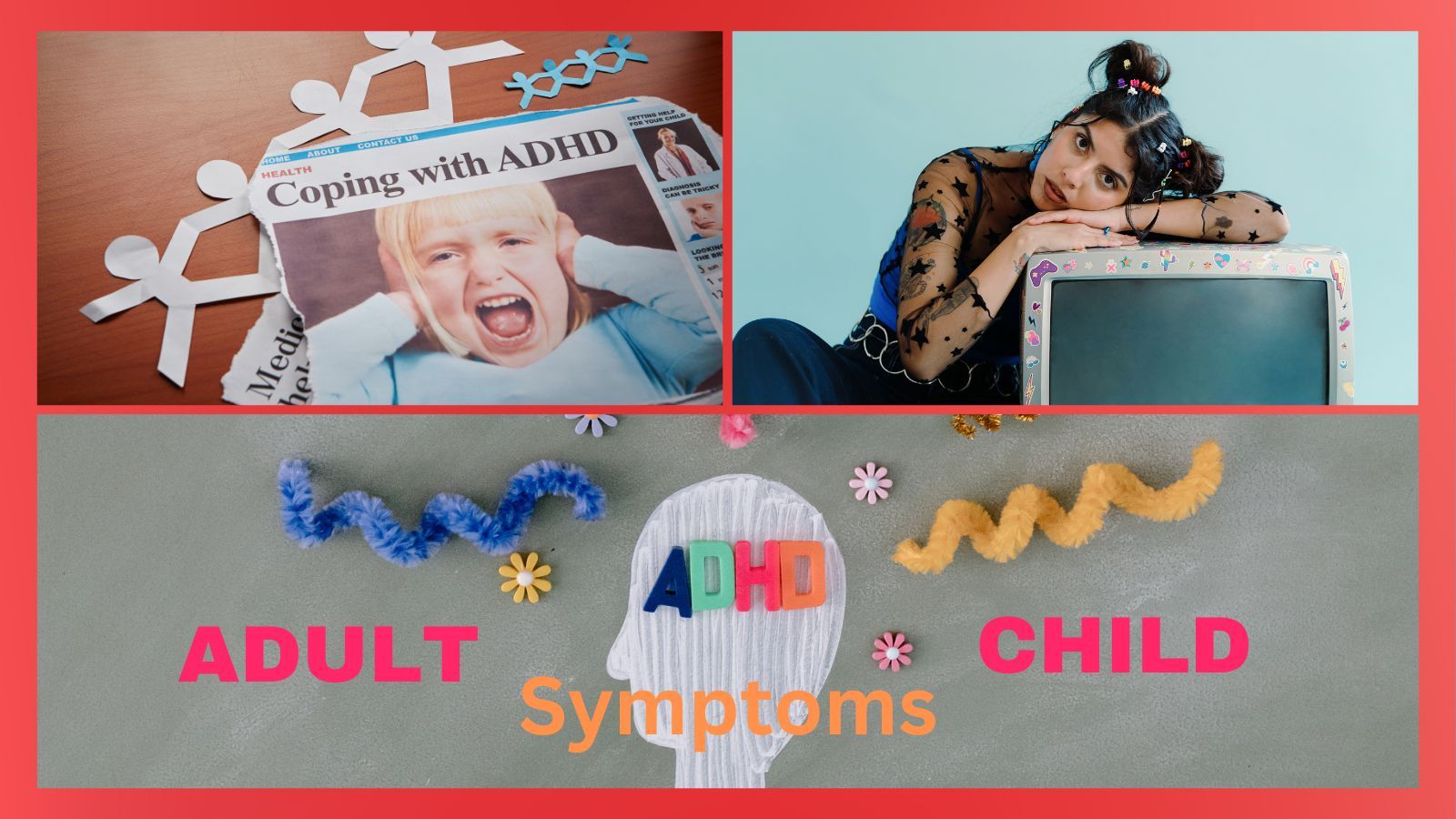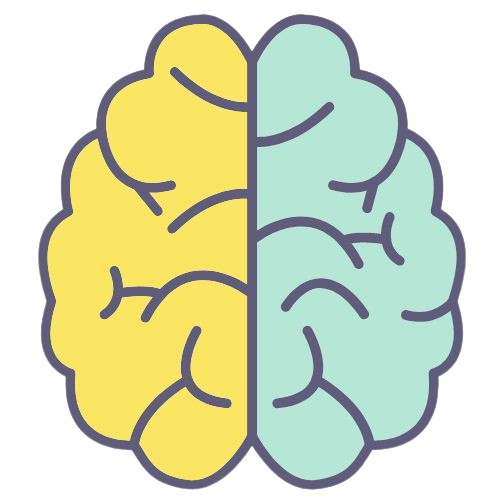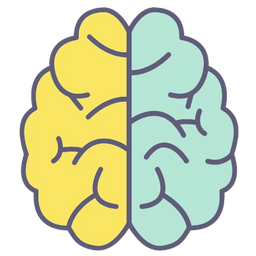
A New Avenue of Research: Generational Trauma
We all know that the traumas we experience, whether as individuals or as communities, can impact our lives for years to come. But recent research shows that the effects of these traumas can extend far beyond our own lifetimes, and can actually be passed down through generations.
This is known as generational trauma, and it’s quickly becoming a very interesting new avenue of research.

What is Generational Trauma, Anyway?
Generational trauma is the idea that the trauma experienced by one generation can affect their offspring, and even their offspring’s offspring.
One of the most famous examples of this is the Holocaust: many of the survivors and their descendants have reported a range of mental health issues, including anxiety, depression, and post-traumatic stress disorder (PTSD).
But while the concept of generational trauma has been around for a while, it’s only relatively recently that researchers have started to take a closer look at how it works.
One of the most interesting things about generational trauma is that it can manifest in different ways, depending on how the trauma was experienced.
For example, if a parent experienced trauma themselves, this can cause them to be overprotective of their children, leading to a host of issues, including anxiety and depression.
But if the trauma was experienced by the grandparent, rather than the parent, it can have a subtler effect, affecting things like the way that family members relate to one another and the values that they pass down.

Theories of Why This Happens:
So, why does generational trauma happen? Well, there are actually several theories.
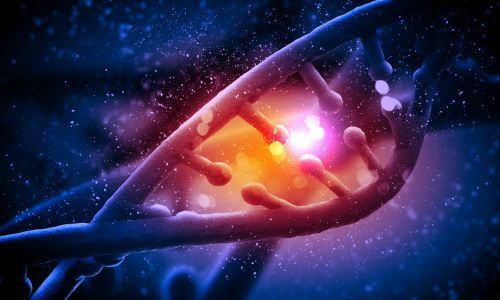
The Theory of Passing it Down Through the Genes
One is that it’s simply a matter of genetics: the trauma alters the DNA of the person who experienced it, and these genetic changes are then passed down through the generations.
There was some great research done by Rachel Yehuda, director of the Center for Psychedelic Psychotherapy and Trauma research at the the Icahn School of Medicine at Mount Sinai.
She discovered when researching samples of blood taken from Holocaust survivors and their offspring and then comparing those samples with the Jewish individuals who lived outside of the European Continent during the same period was that, there was a marked difference in the activity of a select section of DNA that controlled the stress response.
The Children of the Holocaust survivors who were not directly exposed to the the same stressors also demonstrated the same changes in activity.
Again, these results are by no way a final word on the issue, but they do open up some interesting areas of research to focus on.
Again, just how much of experience, especially trauma is imprinted in a person's genes. That is the question that will need to be answered by future researchers.
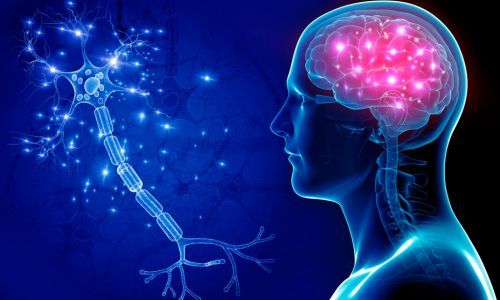
Changes in the Brain
Another theory is that it has more to do with the way that trauma affects our brains, particularly our stress response systems.
When we experience trauma, our brains produce stress hormones, and if this continues over a prolonged period of time, it can affect the way that our brains develop and function.
The effects of generational trauma can be wide-ranging, but one of the most common is a greater risk of mental health problems. This can take many different forms, including anxiety, depression, substance abuse, and even suicidal thoughts or attempts.
Studies have also found that generational trauma can lead to physical health problems, such as gastrointestinal issues, autoimmune disorders, and chronic pain.

Why I am so Interested:
On a personal note, I have experienced severe trauma in my own life. I am interested in how it will effect my family and their families.
I have PTSD from an incident that occurred in 2007. It is the type of incident that stays with a person for the rest of their life.
I also know my family deals with the same residual issue. They have had counseling. Some have had to take medication to deal with the issue.
My father also dealt with trauma throughout his life. I also know many people have. To develop an understanding of how such trauma effects lives in generations to come is fascinating to me.
I hope it will be a beneficial area of study and research that will help people like myself deal with the effects and also will help the continuing family's lives for generations to come.

FAQs
What is considered generational trauma?
Generational trauma refers to the transmission of traumatic experiences and their emotional, psychological, and behavioral effects from one generation to another. It can stem from events like war, genocide, slavery, or other forms of systemic oppression.
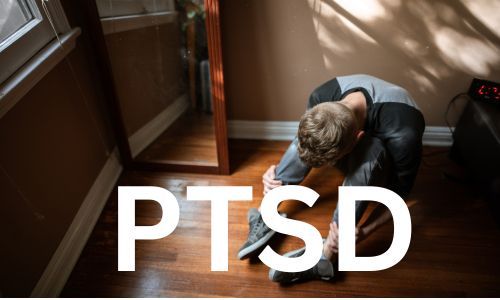
Is generational trauma PTSD?
While generational trauma can contribute to the development of post-traumatic stress disorder (PTSD) in individuals, they are not the same thing. Generational trauma refers to the transfer of trauma across generations, while PTSD is a specific psychological condition resulting from experiencing or witnessing a traumatic event.
How do you break the generational trauma cycle?
Breaking the generational trauma cycle involves various approaches, such as therapy, counseling, education, support networks, and healing practices. Creating safe spaces for open dialogue, promoting resilience, and addressing systemic issues can also help break the cycle. One should seek the help of a mental health professional to discuss what approaches may be best for them.
What is the long-term impact of generational trauma?
The long-term impacts of generational trauma can be far-reaching and can manifest in various ways, such as increased anxiety, depression, or substance abuse disorders. It may also lead to physical health problems like autoimmune disorders or chronic mental illness, generalized anxiety disorder or be seen in domestic violence within families.
Can trauma be passed down through generations?
Yes, research suggests that trauma can be passed down through generations, affecting the mental, emotional, and even physical well-being of descendants. Epigenetic changes, cultural transmission, and parenting styles are some ways through which trauma can be inherited.
What is the most common generational trauma?
There isn't a single most common generational trauma as it can vary based on different historical and cultural contexts. Some examples include Holocaust survivors' descendants, Native American communities affected by colonization, or African Americans impacted by slavery and racial discrimination.
What is considered intergenerational trauma?
Intergenerational trauma is similar to generational trauma and refers to the transfer of trauma across successive generations. It often involves the collective trauma experienced by a specific group or community due to historical or systemic events.

What are triggers of intergenerational trauma?
Triggers of intergenerational trauma can include reminders of traumatic events, such as specific locations, anniversaries, or certain behaviors. Additionally, societal or systemic issues that perpetuate the original trauma, such as discrimination or poverty, can also act as triggers.
A traumatic event can effect individual family members differently. Coping mechanisms are different in all individuals and differ wildly when psychological distress is initiated as seen within all aspects of psychological trauma.
Can trauma be passed down from one generation to the next?
Yes, trauma can be passed down from one generation to the next through various mechanisms, including biological, psychological, and social factors. This transmission can impact individuals' mental health, coping strategies, and overall well-being.
Why is intergenerational trauma a problem?
Intergenerational trauma poses a significant problem as it can perpetuate cycles of suffering, affect individuals' mental health, and hinder the healing process. It can also impact relationships, parenting styles, and contribute to the perpetuation of systemic injustices.

What is an example of transgenerational trauma?
An example of transgenerational trauma is the impact of the atomic bombings in Hiroshima and Nagasaki on subsequent generations. The physical and psychological effects of the bombings were passed down through the survivors' DNA, affecting their descendants' health and well-being. This manifested itself in subsequent areas of childhood trauma leading to various mental health conditions.
What is transgenerational trauma?
Transgenerational trauma refers to the transmission of trauma across multiple generations. It signifies the ongoing impact of traumatic experiences and how they can influence the psychological, emotional, and behavioral patterns of individuals in subsequent generations.
What are some signs & symptoms of transgenerational trauma?
Signs and symptoms of transgenerational trauma can manifest in various ways, including anxiety, depression, hypervigilance, emotional dysregulation, relationship difficulties, identity issues, and a sense of unresolved grief or loss.
What is the difference between intergenerational and transgenerational trauma?
While both intergenerational and transgenerational trauma involve the transmission of trauma across generations, intergenerational trauma typically focuses on the transfer of trauma within a specific community or group, whereas transgenerational trauma encompasses trauma transmission across multiple generations, potentially impacting broader populations.
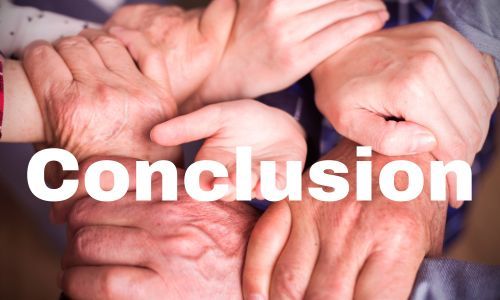
Conclusion:
The study of generational trauma is a fascinating new area of research, and one that has huge implications for our understanding of mental health.
While there are still many unknowns, what we do know is that the effects of trauma can last for generations, and that it’s important for those affected to seek help and support.
If you or someone you know has experienced trauma, it’s important to remember that there is help available, and that it’s never too late to start healing. So be kind to yourself and to others, and don’t be afraid to reach out for help.
And stay tuned, because we at BrainiacsBest are committed to providing tools and resources to help individuals and families affected by trauma to manage their symptoms and lead healthy, happy lives.
The sources for this article are:
The Washington Post: How does trauma spill from one generation to the next? by Rachael Zimmerman on June 12, 2023.
The book "The Body Keeps the Score" by Bessell Van der Kolk MD and is linked below.
Not to Mention: My Own Lived Experiences and General Knowledge I have accumulated throughout the last decade and a half in the area of Mental Health.

One More Thing:
Below is a link to a book that I have bought and is highly reviewed on Amazon. I have purchased it myself. If you would like to purchase a copy you can do so, by clicking on the button below.
In full disclosure: It is an affiliate link and I will make a small return if you click through to it using the button below. It does not cost you any additional by doing so and will help me continue to provide articles like this in the future.
This is a labor of love for me. I do it for a daughter I lost. Even if I didn't make even a penny, I would do it anyway. I thought that you, the reader, should know.
The Article's Author
I know I said one more thing already, but I have articles on ADHD and also picked ADHD planners to purchase in another article. Below are links to the ADHD Planner, ADHD Chairs and an article on exactly what ADHD is and others as I write new ones.
ADHD is another area of interest. I am an ADHD adult. So, I know the topic first hand. It is interesting how so many aspects of mental issues go together. The term we use is comorbidity.
